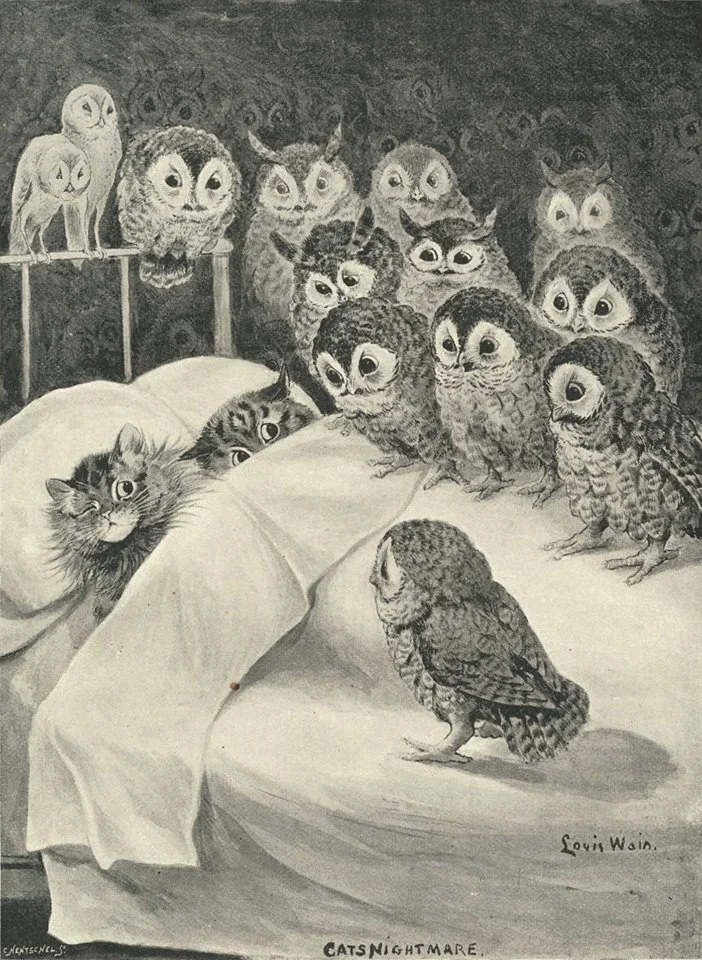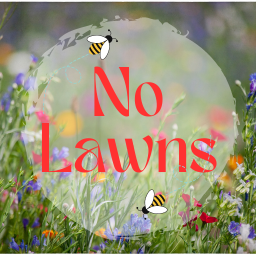Huffin’ the flowers has been a huge stress relief here in the Southeastern USA Plains.
The shrub on the right is buttonbush (Cephalanthus occidentalis). Flowers are: orange coneflower (Rudbeckia ‘goldsturm’), sweet Joe-Pye (Eutrochium purpureum), anise hyssop (Agastache foeniculum), pokeberry (Phytolacca americana), and catmint (Nepeta × faassenii).
Closer to the ground there’s: wood sorrel (Oxalis sp.), three seeded mercury (Acalypha rhomboidea) and blue violets (Viola sororia). The empty space has wild stawberry (Fragaria virginiana) slowly creeping and a young little bluestem (Schizachyrium scoparium).
The image below shows the opening of the rain garden where the runoff enters. Plants are 4 - 5 inches max. Here there’s: Virginia pepper (Lepidium virginicum), blue violet (Viola sororia), wood sorrel (Oxalis sp.), nimblewill (Muhlenbergia schreberi), prostrate spurge? (Euphorbia sp.).

Also seen: white clover, creeping cinquefoil, and Bermuda grass.


I see you mulched the yet uncovered areas. Tried the same when redoing the backyard, to minimize evaporation, but only put some red clover seeds in (on) the ground, with some wildflower seeds in between. Did you also put the flowers i as seeds, or as whole plants?
Most of the flowers are divisions of plants, some volunteers and others I got as plugs in summer 2022. I decided to start small and expand over time. The coneflower was four plants last spring which I divided into 12, then into about 30 this spring. Rose milkweed and late boneset are just as prolific.
I have spread some seeds around and others have blown in. The groundcover in the second photo is all volunteer.
The mulch was leftover from a chipdrop. I used it to make the beds look “intentional” when everything was sparse and muddy back in February :) The plan is for everything to grow so dense that I won’t need to mulch it again.